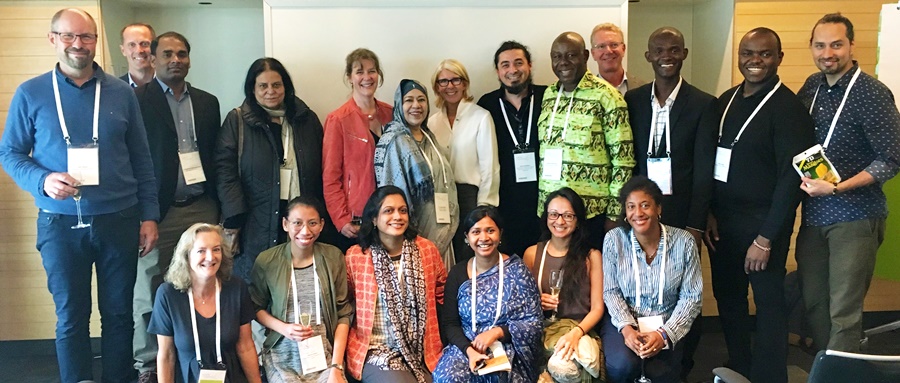The Resilience Conference is a triennial conference held since 2008. The main focus of this year’s conference was on biosphere-based sustainability challenges and opportunities, which are influenced by the speed, scale, and connectivity of the Anthropocene (http://resilience2017.org). The conference, organized by the Stockholm Resilience Center, explored the following major themes: (1) social-ecological transformations for sustainability, (2) connectivity and cross -scale dynamics in the Anthropocene, (3) multi-level governance and biosphere stewardship, (4) approaches and methods for understanding social-ecological system dynamics, and (5) cross-cutting perspectives on resilience. The paper presented by Asst. Prof. Ruzol was part of a panel on "Assessing resilience: indicators and measures of resilience," which consists of other presentations from the United Nations Development Program, Oxford Brookes University, American Museum of Natural History, and Leibniz Center for Tropical Marine Ecology.
One of the compelling lessons from the conference was that behind and beyond the systematic, scientific, and often quantitative methods to assess and facilitate resilience and sustainability is the fundamentality of critical thinking grounded on values, worldviews, discourses, emotions, and identity that mold complexity and uncertainty. Critical issues that need to be essential in resilience thinking are people and their agency, poverty and development, power and politics, place and identity, perspective thinking and empathy, and practice and expanding methods such as the need for scientists to collaborate with artists, activists, and humanitarian practitioners to engage the community.
The conference was a good venue to disseminate the results of SEARCA-funded research and establish a network with scientists and practitioners working on the frontiers of resilience and sustainability science. Asst. Prof. Ruzol, an anthropologist with a master’s degree in environmental science, became a member of the Swedish Institute Alumni Network, where she will have access to resources and opportunities for future research collaborations, scholarships, and grants. (Clarissa Ruzol)
